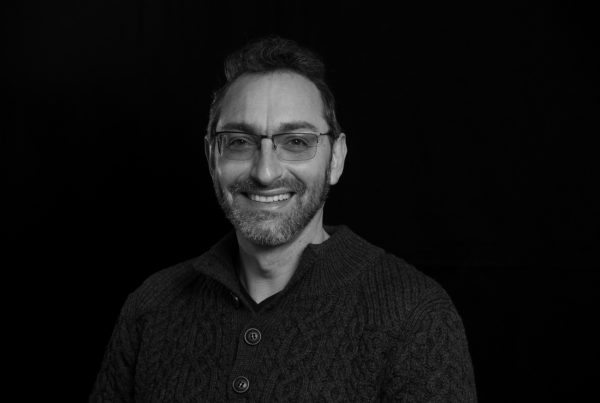I always liked computers, so I first studied Mathematics and Computer Science (1993-1997) and I worked as a software engineer (1997-2004). But humans also fascinate me, so I started studying Psychology (1996-1998) and I hold an MSc in Neurobiology and Behaviour (2000-2002). In 2007 I obtained a PhD in Linguistics from the University of Edinburgh (2004-2007), followed by a series of postdoctoral positions in Edinburgh (ESRC UK, 2007-2008) and at the Max Planck Institute for Psycholinguistics in Nijmegen (2008-2017), the latter including an NWO VIDI grant (2012-2017). In 2017 I moved to Lyon, first as EURIAS Fellow of the Collegium de Lyon (2017-2018) and then as an IDEXLyon Fellow with the Laboratoire Dynamique du Langage, Université Lyon 2 (2018-2021), where I obtained my Habilitation (2021). In October 2021 I became ICREA Research Professor with the University of Barcelona.
Research interests
My research is quite diverse, including the processes that shape linguistic diversity, the origins and evolution of language in the context of human evolution, and the application of quantitative and computational methods to the language sciences. In particular, I have been focusing on studying the influence of non-linguistic factors on linguistic diversity, such as the effect of vocal tract anatomy on phonetics and phonology, the effect of the bio-physical environment on language spread and on the color vocabulary, and of population genetics on linguistic tone, using statistics and computer modelling. I have been arguing that language and speech are an old feature of our evolutionary lineage, being shared, in some form, with our cousins, the Neanderthals and the Denisovans.
